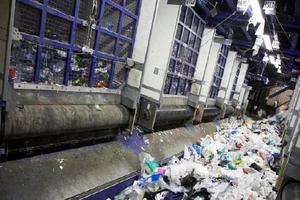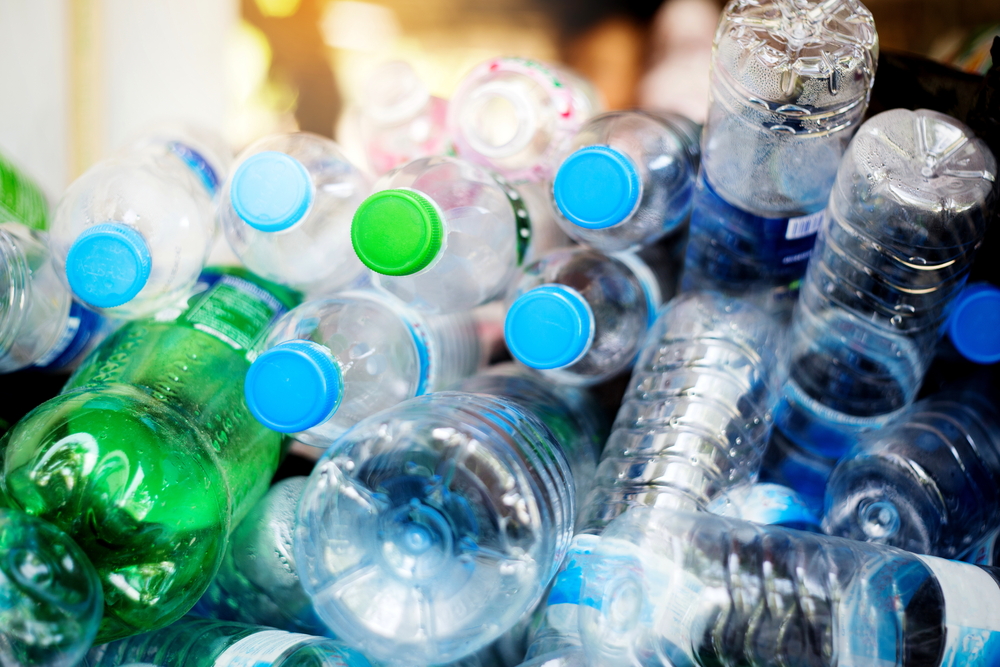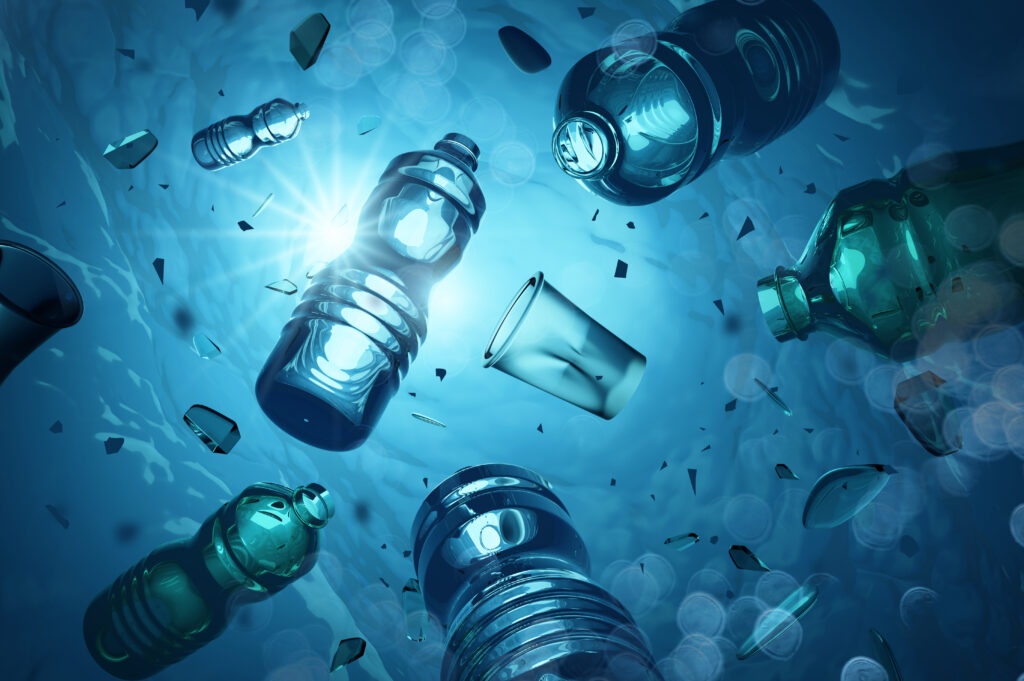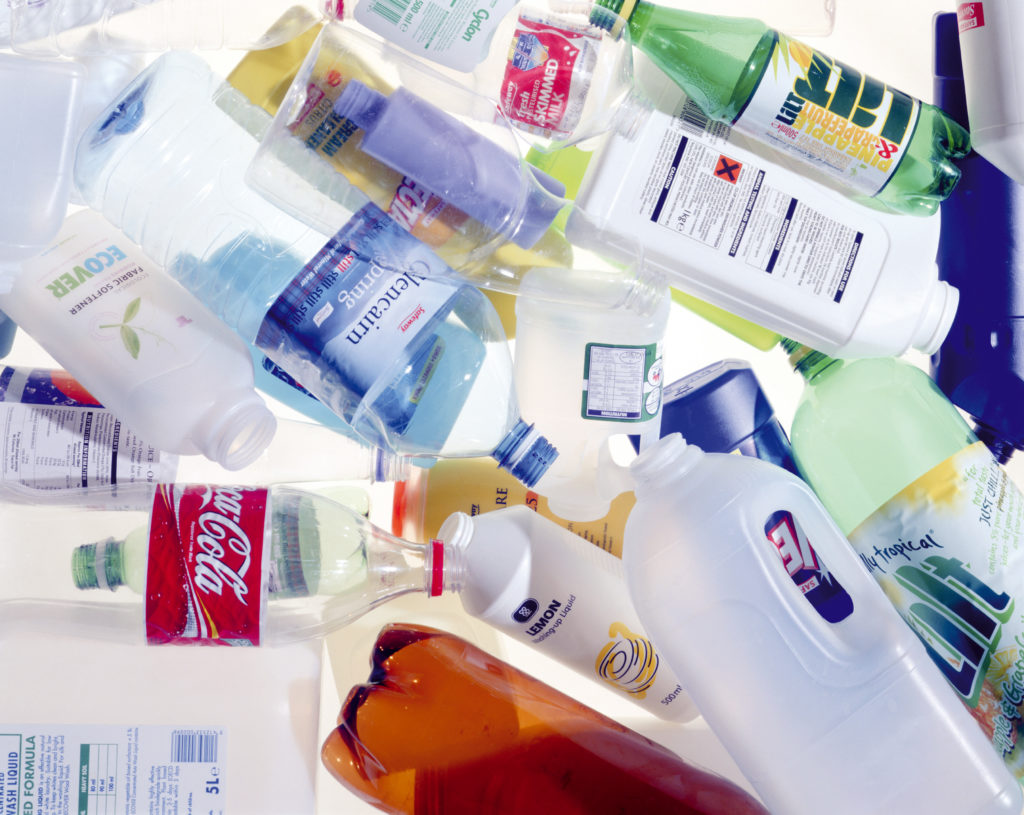|
Household recyclables collected |
|||
| 2004/05 | 2005/06 | 2006/07 | |
|
Paper/card |
1,406 |
1,475 |
1,535 |
|
Glass |
670 |
760 |
840 |
|
Compost |
1,960 |
2,439 |
2,895 |
|
Scrap metal |
577 |
532 |
601 |
|
Textiles |
71 |
86 |
103 |
|
Cans |
52 |
74 |
80 |
|
Plastics |
21 |
38 |
49 |
|
Commingled |
656 |
860 |
1,121 |
|
Other |
372 |
532 |
751 |
| Total |
5,785 |
6,796 |
7,976 |
As she revealed in a series of Parliamentary Answers that the UK is now exporting more than 441,000 tonnes of waste plastics each year, the Defra minister highlighted the work of the Waste and Resources Action Programme in investigating ways to strengthen domestic plastics recycling.
She said of WRAP's yet-to-be published Business Plan for April 2008 to March 2011: “This is likely to build on its present work on plastics collection, reprocessing and end markets, with the intention of incentivising further investment in each of these areas.”
The work by WRAP comes as some plastics reprocessors are concerned at the growing amount of plastics being collected within commingled systems (see letsrecycle.com story).
Mrs Ruddock revealed last week that the amount of commingled recyclables collected from households almost doubled in the three financial years from 2004/05 to 2006/07 – from 656,000 tonnes to 1.121 million tonnes.
In the same period, the amount of separately collected plastics more than doubled, from 21,000 tonnes to 49,000 tonnes.
Export figures were estimates for 2006 from the HM Revenue and Customs, suggesting 441,000 tonnes of plastics were exported compared to 136,000 of glass cullet, four million tonnes of paper and eight million tonnes of scrap metal.
Development
Referring to work with Dairy Crest, Nampak and Marks & Spencer, managed by NexTek, the minister said: “This includes projects to incorporate up to 30% of recycled high density polyethylene (HDPE) in the manufacture of one-quarter of the UK's plastic milk bottle production. This work involves capital support for new equipment and work with local authorities to increase collection of plastic bottles. The new demand created by the project is encouraging the development of plastics reprocessing facilities.”
The minister also spoke of WRAP's trials seeking the best ways to handle mixed non-bottle plastics, investigating the collection, reprocessing and end markets for such material.
“Different recycling and recovery options are being considered as part of this work,” she said, “including reprocessing mixed plastics into new plastics, incineration, chemical treatment and even turning them into diesel. WRAP's focus on mixed plastics follows on from the successful uptake of plastic bottle recycling.”
NISP
The minister also noted the work of the National Industrial Symbiosis Programme (NISP), which, like WRAP, is having its budget cut by a cash-strapped Defra (see letsrecycle.com story).
NISP has claimed to have brought in £16.2 million in private investment in plastics reprocessing facilities across the UK in the last three years. The organisation works by putting different companies in touch with each other, for example, if one company has an unwanted waste or by-product that could be used as a raw material by another.
“Working with over 70 companies nationwide specifically on plastic reprocessing, NISP has helped recover almost 60,000 tonnes of plastics through landfill diversion, whilst actively helping to safeguard over 90 jobs and generating a further 39 new jobs in the plastics reprocessing industry through increased sales and cost savings of over £32 million,” the minister reported to her Parliamentary colleagues.
Two companies that have benefitted from the work of NISP, which has received Defra funding via the Business Resource Efficiency and Waste (BREW) programme – Chem Polymer Ltd and Petlon Polymers Ltd.
“NISP has been working with Chem Polymer Ltd. to secure private investment of over £1 million which has led to the generation of over £10 million in increased sales. Working on landfill diversion of plastic wastes, NISP has helped Petlon Polymers Ltd. generate sales in excess of £10 million as a result of increased plant throughput,” Mrs Ruddock said.










Subscribe for free